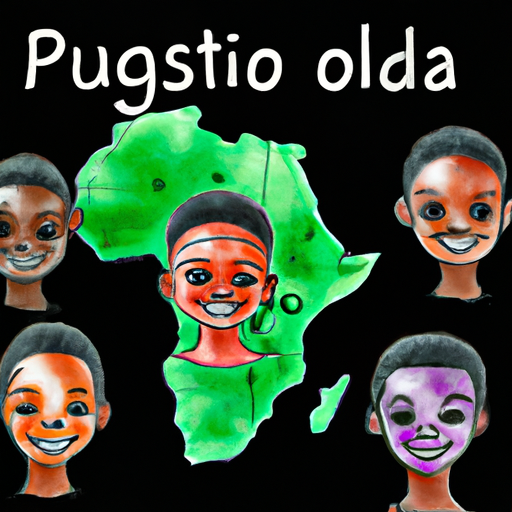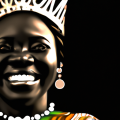Portuguese speaking african countries

Introduction:
Portuguese speaking African countries are countries in Africa that have Portuguese as their official language. These countries have a rich history and culture that is unique to them. In this blog post, we will be taking a closer look at the different Portuguese speaking African countries, their history, and some of the interesting facts that make them unique.
Portuguese Speaking African Countries – Overview
Portuguese speaking African countries are countries in Africa that have Portuguese as their official language. Currently, there are six Portuguese speaking African countries, which are Angola, Cape Verde, Guinea-Bissau, Mozambique, Equatorial Guinea, and São Tomé and Príncipe. These countries have different histories and cultures, but they share a common language.
Statistics on Portuguese Speaking African Countries:
- Angola is the largest Portuguese speaking African country with a population of over 30 million people.
- Guinea-Bissau is the smallest Portuguese speaking African country with a population of just over 1.8 million people.
- Mozambique is the fastest-growing Portuguese speaking African country with a growth rate of over 2% per year.
- Cape Verde is the most developed Portuguese speaking African country with a HDI of 0.654.
Portuguese Speaking African Countries – History
The history of Portuguese speaking African countries can be traced back to the 15th century when Portuguese explorers first began arriving on the African continent. Their main goal was to establish trade with the indigenous people and to find a sea route to India. The Portuguese, led by Vasco da Gama, eventually succeeded in finding a sea route to India via Africa.
In the years that followed, the Portuguese established several colonies in Africa, including Angola, Mozambique, Guinea-Bissau, and Cape Verde. These colonies were established for various reasons, including to exploit the natural resources of the region and to expand Portuguese influence in Africa.
During the colonial era, the Portuguese established a system of forced labor that led to the exploitation of the indigenous people. The colonial era also brought about significant changes in the culture and traditions of the African people. These changes included the adoption of Portuguese as the official language in the colonies.
Interesting Facts about Portuguese Speaking African Countries
- Equatorial Guinea is the only country in Africa to have Spanish and Portuguese as official languages.
- Angola has the second-largest oil reserves in Africa after Nigeria.
- Cape Verde is the only African country without an agricultural sector.
- The majority of the population in Guinea-Bissau practices traditional African religions.
Conclusion:
Portuguese speaking African countries have a rich history and culture that is unique to them. These countries have overcome significant challenges to emerge as some of the fastest-growing economies in Africa. They have also made significant progress in areas such as education, healthcare, and infrastructure development. If you are interested in learning more about these fascinating countries, we would recommend taking the time to explore them further.
References:
- https://www.worldometers.info/world-population/population-by-country/
- https://www.uc.pt/en/ciist/research/databases/observasao/cgi-bin/indicadoresgerais.php
- https://www.who.int/countries/moz
- https://www.indexmundi.com/factbook/countries/cape-verde/economy
- https://www.cia.gov/the-world-factbook/countries/guinea-bissau/








